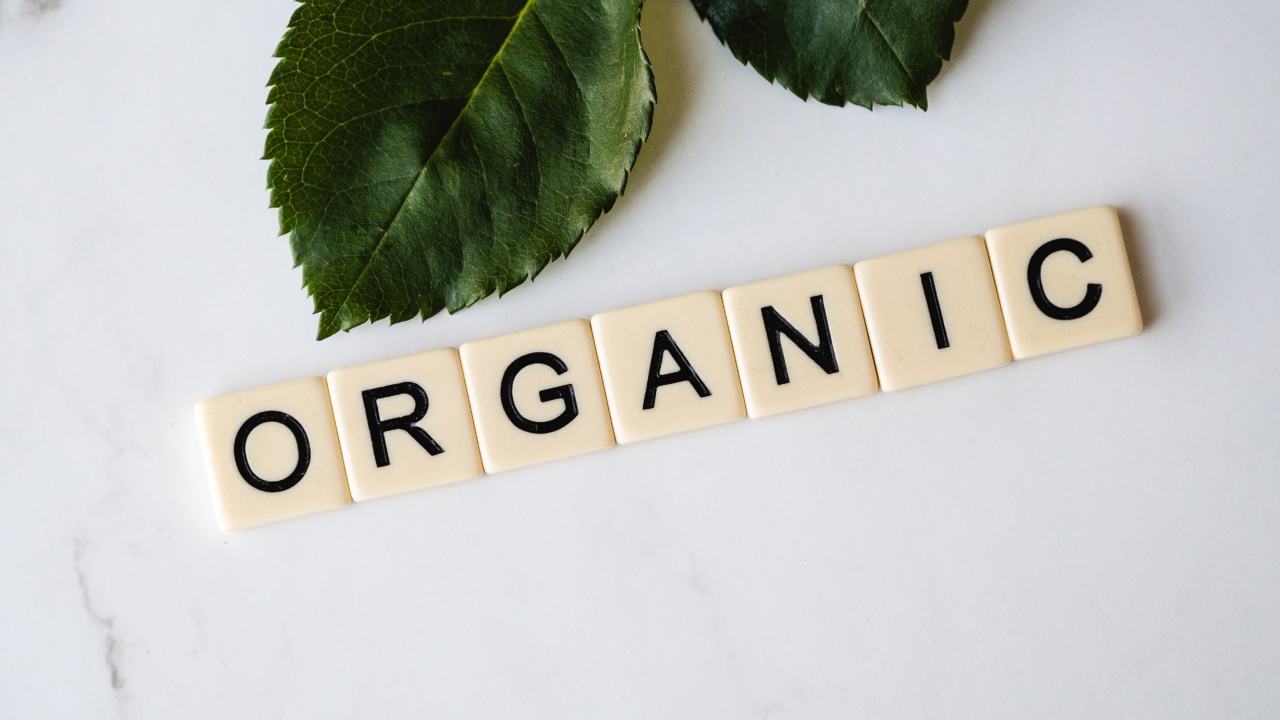Obsessive clean eating has been a trend in recent years, with people striving to maintain a healthy lifestyle by consuming only “clean” and “whole” foods.
While this may seem like a positive move, it can quickly spiral into an eating disorder known as orthorexia. In this article, we will explore what orthorexia is, the dangers of it, and how to avoid falling into this trap.
What is Orthorexia?
Orthorexia is an eating disorder that involves an obsession with eating only “pure” or “clean” foods.
People with orthorexia may avoid certain food groups, such as carbohydrates or fats, and scrutinize food labels and ingredients lists to ensure that their foods are free of any chemicals or preservatives. While it may seem like a healthier approach to eating, orthorexia can have serious consequences.
The Dangers of Orthorexia
While orthorexia may start out as a desire to maintain a healthy lifestyle, it can quickly spiral into an eating disorder.
People with orthorexia may become so fixated on eating only “clean” foods that they begin to exclude entire food groups from their diet. This can lead to malnutrition and deficiencies in important vitamins and minerals.
Furthermore, people with orthorexia may experience anxiety and stress when they are unable to stick to their strict dietary rules.
They may also feel guilty or ashamed when they deviate from their eating plan, which can cause them to skip meals or restrict their food intake even further.
Orthorexia can also have social consequences. People with orthorexia may avoid social situations, such as dining out with friends or attending parties, where they cannot control their food choices. This can result in feelings of isolation and loneliness.
The Symptoms of Orthorexia
Some common symptoms of orthorexia include:.
- Obsessively checking ingredient labels and nutritional information
- Avoiding entire food groups, such as carbohydrates or fats
- Feeling guilty or ashamed when deviating from strict food rules
- Skipping meals or limiting food intake
- Experiencing anxiety, stress, or depression related to food intake
- Avoiding social situations where food may be present
How to Avoid Falling into the Orthorexia Trap
Here are some tips to help you avoid falling into the trap of orthorexia:.
- Avoid labelling foods as “good” or “bad”. All foods can be part of a healthy diet.
- Eat a variety of foods from all food groups.
- Do not restrict your food intake unless it is medically necessary.
- Allow yourself to enjoy food without feeling guilty or anxious about it.
- Do not base your self-worth on what you eat.
- Seek help if you are experiencing anxiety, stress, or depression related to food intake.
Conclusion
Obsessive clean eating may seem like a positive move towards a healthier lifestyle, but it can quickly spiral into an eating disorder known as orthorexia. Orthorexia can have serious consequences, both physically and socially.
By avoiding strict dietary rules and allowing yourself to enjoy a variety of foods, you can maintain a healthy lifestyle without falling into the orthorexia trap.































